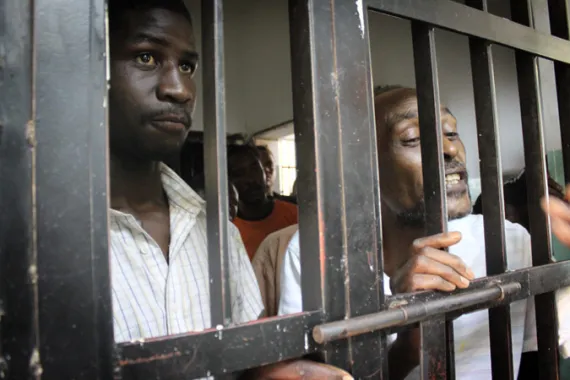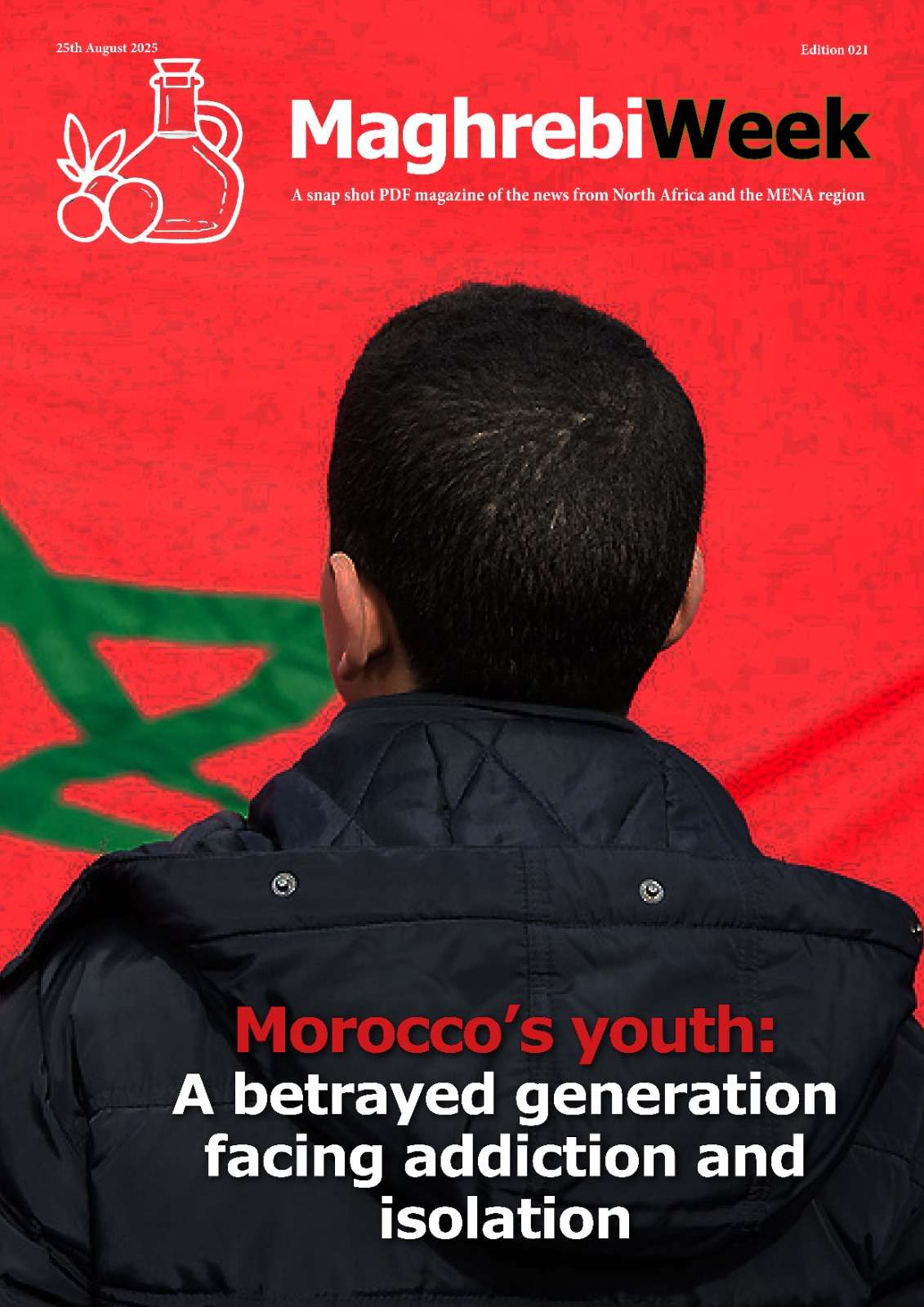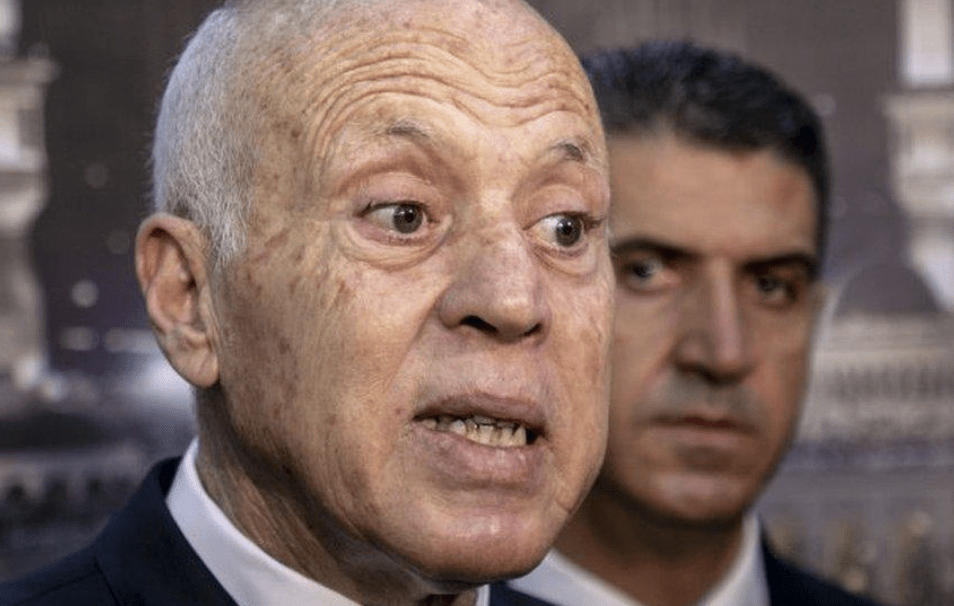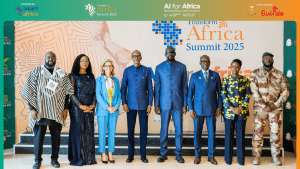Libya’s rival governments continue repressive actions

Concerns over repressive practices from both of Libya’s rival governments are becoming increasingly prominent, according to The New Arab plus Egab on August 27th.
According to the UN human rights office and United Nations Support Mission in Libya (UNSMIL), approximately 60 people were arbitrarily detained in the first half of 2024 for expressing their political views.
Whilst the Tripoli-based Government of National Unity (GNU) has recently made progress in conducting municipal elections and fulfilling their democratic duty, the lack of a decentralised, coherent governance structure has resulted in the GNU occupying an authoritarian space.

Furthermore, the eastern Libyan Government of National Stability (GNS), alongside their associated militia groups, detain opponents in secret locations, obstructing a fair legal and judicial process by denying those detained legal counsel.
Human rights activist Ahlam al-Warfali claims “there’s no safety in Libya”. She added that the violations committed by both eastern and western Libya constitute “crimes against humanity punishable under international law.”
Instability in the nation arising from these split administrations has contributed to the lack of freedoms, with the volatile political atmosphere manifesting through the endemic presence of armed militias.
Diverse political opinion and rhetoric in times of conflict and instability are often not welcomed, and the fragile nature of current Libyan institutions has meant that security and executive agencies have circumvented laws to perform brutal acts of repression.
The Libyan watchdog Monitoring Crimes in Libya reported that in November, security forces linked to the GNU arrested more than 200 asylum seekers, among them women and children.
The watchdog also attributed the responsibility of widespread arbitrary arrests to the GNU, highlighting the recent case of Abdel Moneim Rajab al-Marimi, a 51-year-old activist and journalist who died after falling from the Public Prosecutor’s office in Tripoli. He was detained for his political and human rights views.
An absence of coherent legal and democratic laws has had a disproportionate effect on female activists and journalists, who have faced enforced disappearances and widespread torture, and assaults.
Libyan lawmaker Siham Sergiwa has been missing for over six years, and images recently circulated showed a body believed to be MP Sergiwa after being killed by forces affiliated with the Libyan National Army.
The superficial framework of the state apparatus means that there is no reliable information about those missing across Libya, with these violations set to entrench the violence Libyans seek to move on from.
The New Arab plus Egab, Maghrebi.org
Want to chase the pulse of North Africa?
Subscribe to receive our FREE weekly PDF magazine














